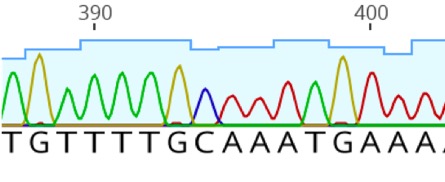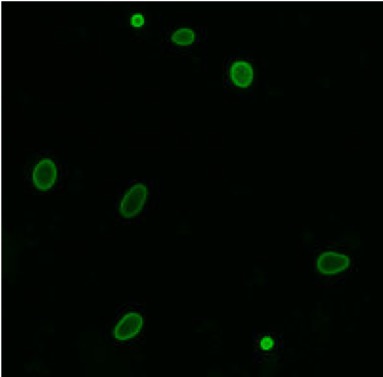Diagnostics service at the Shapiro laboratory
Our laboratory offers several methods for detection and molecular characterization of protozoan parasites in diverse environmental and veterinary clinical samples. Environmental samples including soil, water and foods (fresh produce or shellfish) will typically require pre-processing and parasite concentration techniques before detection methods can be applied. For all matrices, we have developed and validated molecular assays (conventional nested PCR and real-time taqman PCR) for efficient and sensitive screening for apicomplexan protozoa (Toxoplasma, Sarcocystis, Neospora) as well as other common protozoan pathogens (e.g. Giardia and Cryptosporidium spp.). Newer validated assays now include reverse-transcriptase qPCR assays for viability discrimination of protozoan pathogens. Additional assays are available for molecular characterization (multi locus sequence typing) of samples that test positive. Microscopy methods such as IMS-DFA and membrane filtration are also available. For more details on rates and specific assays offered please see our submission forms.
Please contact Karen Shapiro (kshapiro@ucdavis.edu) and Lauren Camp (lcamp@ucdavis.edu) prior to submitting samples.
Submission Forms
External IDC service submission results form 2023 (docx)
IDC service submission form INTERNAL 2023 (docx)
Submissions can proceed directly to the address provided in the submission form. Please feel free to contact us directly for additional information.


